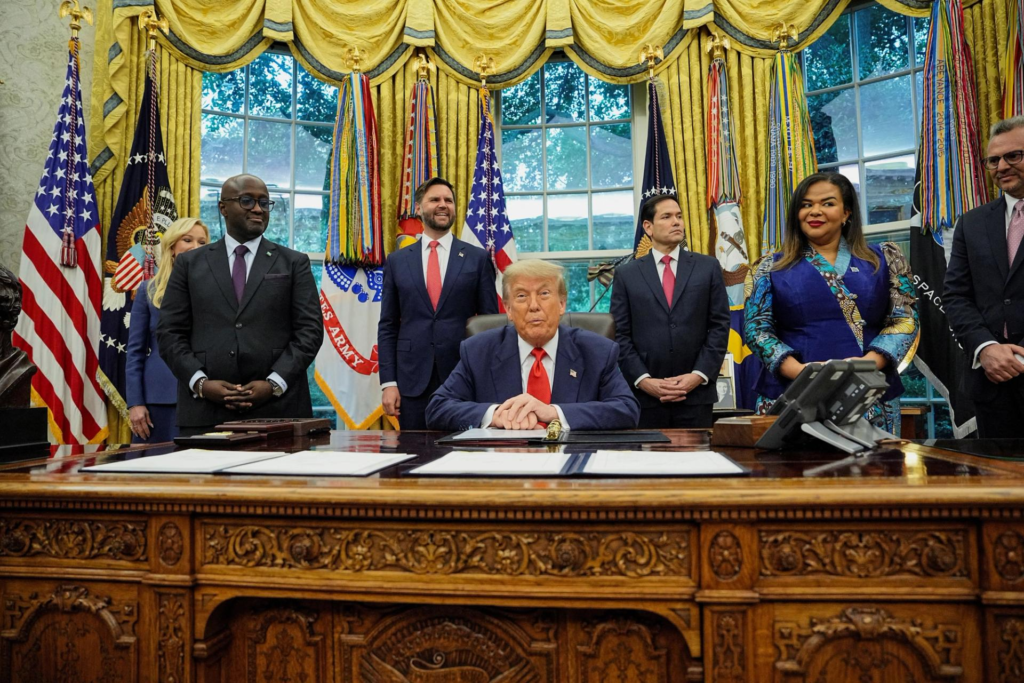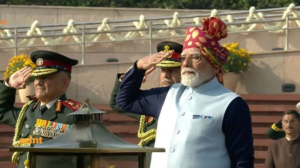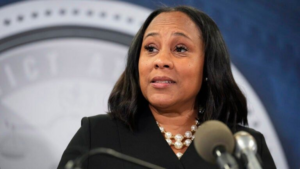Trump Hosts West and Central African Leaders in Washington

From July 9 to 11, 2025, President Trump is convening a “mini‑summit” at the White House to strengthen commercial and security ties with a select group of African nations.
This meeting marks a continuation of his pivot from traditional aid toward a “trade, not aid” strategy—emphasizing private investment, infrastructure development, and mineral partnerships over philanthropy .
Trump’s White House explains these five nations—Gabon, Guinea‑Bissau, Liberia, Mauritania, and Senegal—are strategically aligned:They possess critical minerals, energy, and untapped natural resources valued by U.S. industry .
They play key roles in Sahel and coastal security, helping address migration, anti‑extremism, and drug trafficking routes .Their comparatively stable governance and alignment with U.S. policy (such as connections to Morocco) make them preferred partners .

Reasons Behind the Summit
- Economic Opportunity: Trump highlighted these countries for their “incredible commercial opportunities”—especially in critical minerals, energy, and infrastructure—and stressed that deals should benefit both America and its partners .
- Security Concerns: Situated along key migration and drug trafficking corridors, these nations are seen as allies in limiting illegal flows through the Sahel region .
- Diplomatic Messaging: The select invitations serve to showcase a new U.S. policy direction: not just aid, but targeted, transactional diplomacy, rewarding countries that align with U.S. priorities like governance, security, and market openness .
What to Expect
Observers note that this meeting could serve as a template for future U.S.–Africa summits, focusing less on rhetoric and more on tangible trade deals and security pacts . Participants are expected to arrive with concrete investment proposals in sectors like energy, mining, agriculture, and infrastructure, in order to showcase early wins and justify the shift away from traditional aid .
Conclusion
Trump’s West African summit from July 9–11, 2025, signals a strategic shift in U.S.–Africa policy—prioritizing economic ties and security collaboration over foreign aid. By hosting Gabon, Guinea‑Bissau, Liberia, Mauritania, and Senegal at the White House, he’s aiming to leverage natural resources, bolster regional stability, and deliver mutual economic benefits. Whether this marks the start of a broader commercial engagement with Africa will depend on the outcomes of this tightly themed gathering.




